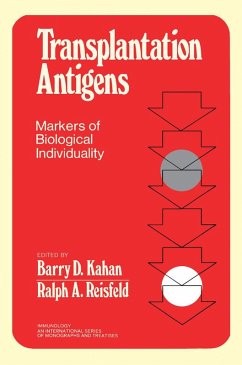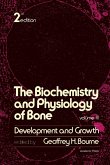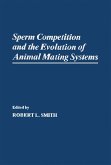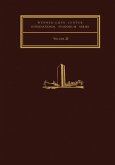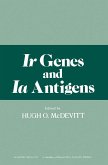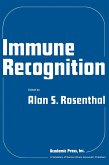This book is comprised of 25 chapters and begins with an introduction to the phylogeny of transplantation reactivity, followed by a discussion on the appearance of transplantation antigens in the embryo and fetus and the ways in which these antigens interact with or are masked from the immunocytes of the pregnant female. The next chapter analyzes the data on the detection of transplantation antigens on human fetal cells, cells of trophoblastic origin, and spermatozoa. The intracellular distribution of transplantation antigens is also considered, along with the extraction of membranous transplantation antigens by pressure homogenization; the molecular nature of HL-A antigens; and solubilization of histocompatibility antigens with detergents.
This monograph will appeal to biologists, physiologists, immunologists, and clinicians.
Dieser Download kann aus rechtlichen Gründen nur mit Rechnungsadresse in A, B, BG, CY, CZ, D, DK, EW, E, FIN, F, GR, HR, H, IRL, I, LT, L, LR, M, NL, PL, P, R, S, SLO, SK ausgeliefert werden.

